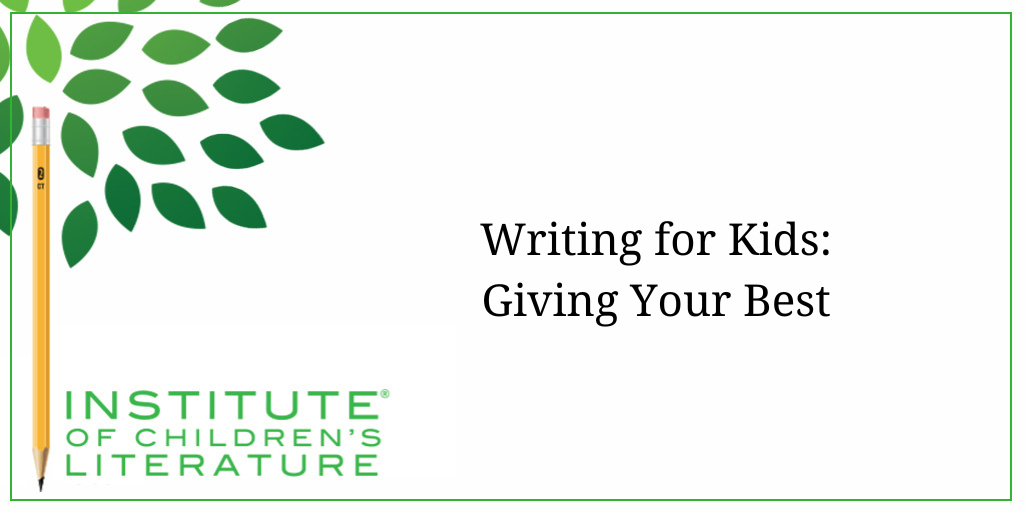
- Date: January 30, 2025
- Author: Jan Fields
- Category: Writing for Children Blog
- Tags: children's literature, writing, writing for kids
We teach our students how to write and get published!
View our Course Catalog >
Writing for Kids: Giving Your Best
Almost every children's writer has been asked, at one time or other, when they will be moving on to writing for adults. The implication is that writing for kids is a training ground for real writing, the writing for grown-ups. Because, after all, why stay in the wading pool once you can swim? Unfortunately, this kind of thinking leads to the idea that you don't need good writing if it's for kids. You don't need skill or focus or energy. After all, it's writing for kids. That kind of thinking is not only disrespectful to your audience but damaging to your career. 
You're Competing
This kind of thinking couldn't be worse. Sure, celebrities might not have to write well to be published. They even sometimes get on talk shows and scoff when asked how they found time to do a kid's book. After all, it was just a kid's book. But, you see, those people have a different rule book when it comes to publication. They're published because their name will sell a title even if it's condescending, wordy, and just not very good. That doesn't mean all celebrity books are bad. But it does mean that they don't have to be good.
But you and I? We're not celebrities. So, we have to be good at writing for kids. We have to be good because we're competing in a crowded area. And many of the other writers we're competing with are putting in the time and the effort, the research and the respect for the form. Many of the writers we compete with for spots are good. And if we hope to be published, we need to offer the very best we're able to produce.
Respect Matters
Competition isn't the only reason to give children's writing your all. The biggest reason, the one closest to my heart, is that the book you are writing for kids matters. I love my novels for grown-ups. And I have gotten fan mail from that work. But the first book I ever wrote still gets fan mail from parents of kids just discovering it. Parents who tell me how much their kids love it and wish there were more. I get fan mail from adults who were kids when they read the book, and they still think about it. Kids' books can live a long time. And they can touch lives for a long time. And this means they matter.
Kids who read your book, or have your book read to them, haven't lived through several (or more) decades. They haven't read countless books. Life still has wonder. Books are still full of discovery. And each book matters so much. Every one of them has the potential to change a life.
 When I was in elementary school, I found a Humpty Dumpty magazine in the classroom. I read it cover to cover. Inside I found a poem about Daylight Saving Time. It had never occurred to me that you could write a poem about something like that. I guess I thought poetry was all written a long time ago by people who focused on being deep and confusing. But this poem was about Daylight Savings Time. I still remember that. That amazement that writing is a door thrown open to absolutely anything. I'm sure that poem wasn't vitally important to that writer, but it changed my perception of writing. For me, it was so much more. That's the power of writing for kids. That's why it deserves your respect and your energy.
When I was in elementary school, I found a Humpty Dumpty magazine in the classroom. I read it cover to cover. Inside I found a poem about Daylight Saving Time. It had never occurred to me that you could write a poem about something like that. I guess I thought poetry was all written a long time ago by people who focused on being deep and confusing. But this poem was about Daylight Savings Time. I still remember that. That amazement that writing is a door thrown open to absolutely anything. I'm sure that poem wasn't vitally important to that writer, but it changed my perception of writing. For me, it was so much more. That's the power of writing for kids. That's why it deserves your respect and your energy.
Giving Value
Have you ever noticed how much easier it is to stand in line or sit in a waiting room now than it was when you were a little kid. The time spent being still and quiet and bored hurt back then. It swallowed up a huge bite of your whole life back, because your whole life was a much small bit of time. Reading takes up time, and time is so much more valuable to small children than to adults. We forget how slow time moved back then, because it moves so fast to us as adults.
When we put what feels like a lot of time into something now, we expect value back. If we go to a play or a movie or read a thick novel, we expect value for our cost of time. Why would we think children, for whom time is so much more costly, would deserve less? Why wouldn't we give them the best we can?
Years ago, my landlady had a houseful of children when I had none. So, when the kids had to spend the school mandated time reading to an adult, they often came to my apartment and read to me. After all, I wasn't busy preparing supper for a household. And they'd read to me from their very beginning readers. I remember one favorite, a book read by every single one of the kids. It was titled Crab Apple. I had almost no words, but it was so funny and engaging. It paid out for the time and the struggle the kids gave to reading it. And it prepared these very young children to love books. I don't know the author, but I'm proud of her or him. It was a simple book, but it paid out. It gave value. It did the job and a little more. 
Don't Ever Graduate
Writing for kids isn't the easy lane. You have to write a good story for a group of people who have a radically different life experience, and who practically speak a different language. That, my friend, is work. But the benefit is that kids come into a book with limited biases. They are open to thinking new thoughts. They are interested in considering new worlds.
Madeleine L'Engle said, “You have to write the book that wants to be written. And if the book will be too difficult for grown-ups, then you write it for children.”
Children will meet your book with a freshness, an openness, that you'll never get from adults. Adults know so much and therefore learn so little. They've built boxes and crammed the world inside, and they don't appreciate leaks in their world view, but kids are vast.
And that's why I'm always honored when a child loves my book. I'm moved to tears when someone remembers my book from years before. And I'll always write for kids. I may write for adults as well, but I'll never graduate to adult writing. Whenever I have the energy and the courage, I'll write for kids. Always.
Related Articles for Writing for Kids
With over 100 books in publication, Jan Fields writes both chapter books for children and mystery novels for adults. She’s also known for a variety of experiences teaching writing, from one session SCBWI events to lengthier Highlights Foundation workshops to these blog posts for the Institute of Children’s Literature. As a former ICL instructor, Jan enjoys equipping writers for success in whatever way she can.

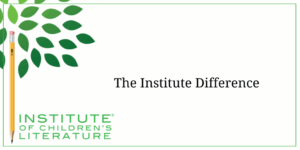
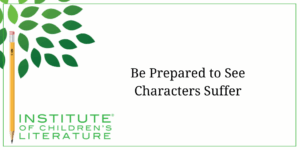
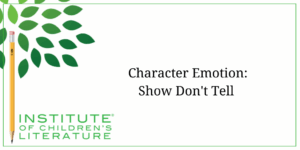
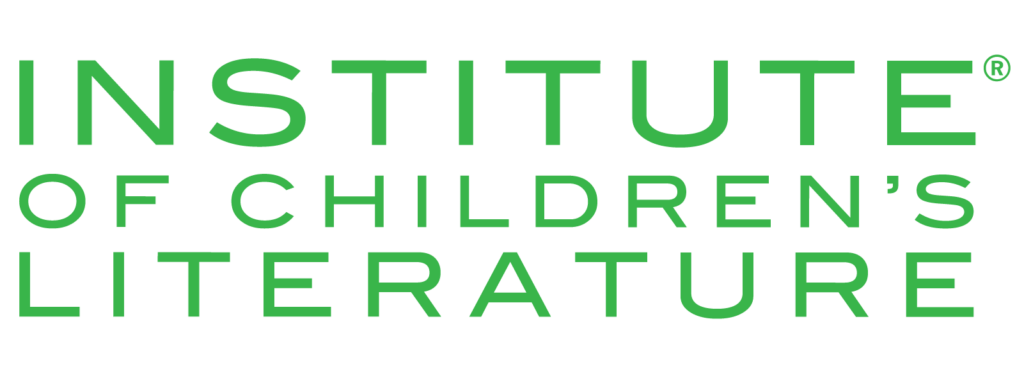
1 Comment
Love this perspective and insight, Jan, well said! You were my instructor many years ago and I always appreciate your guidance. I've since gotten busy with real estate but always have writing in the back of my mind. Thank you.